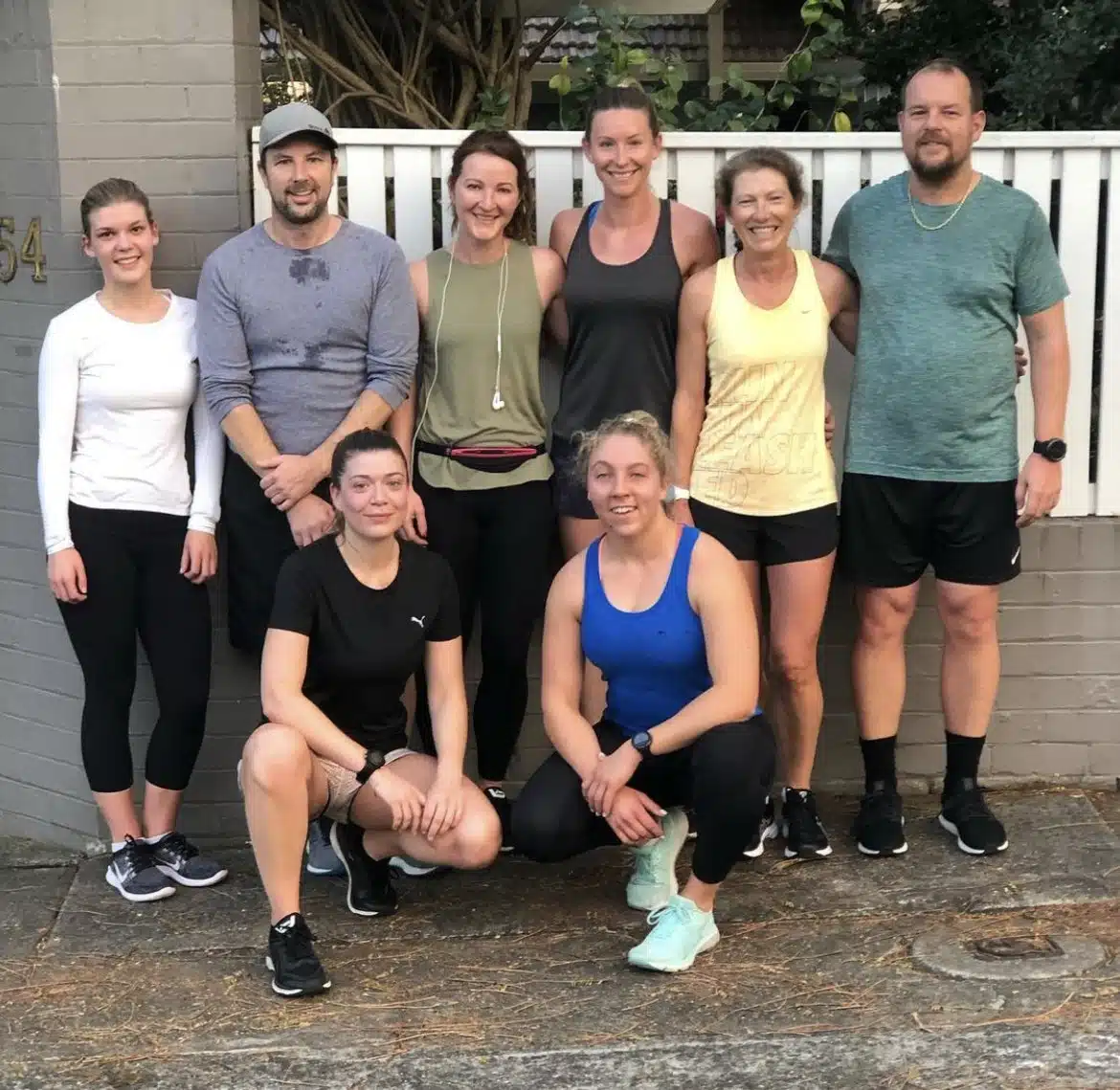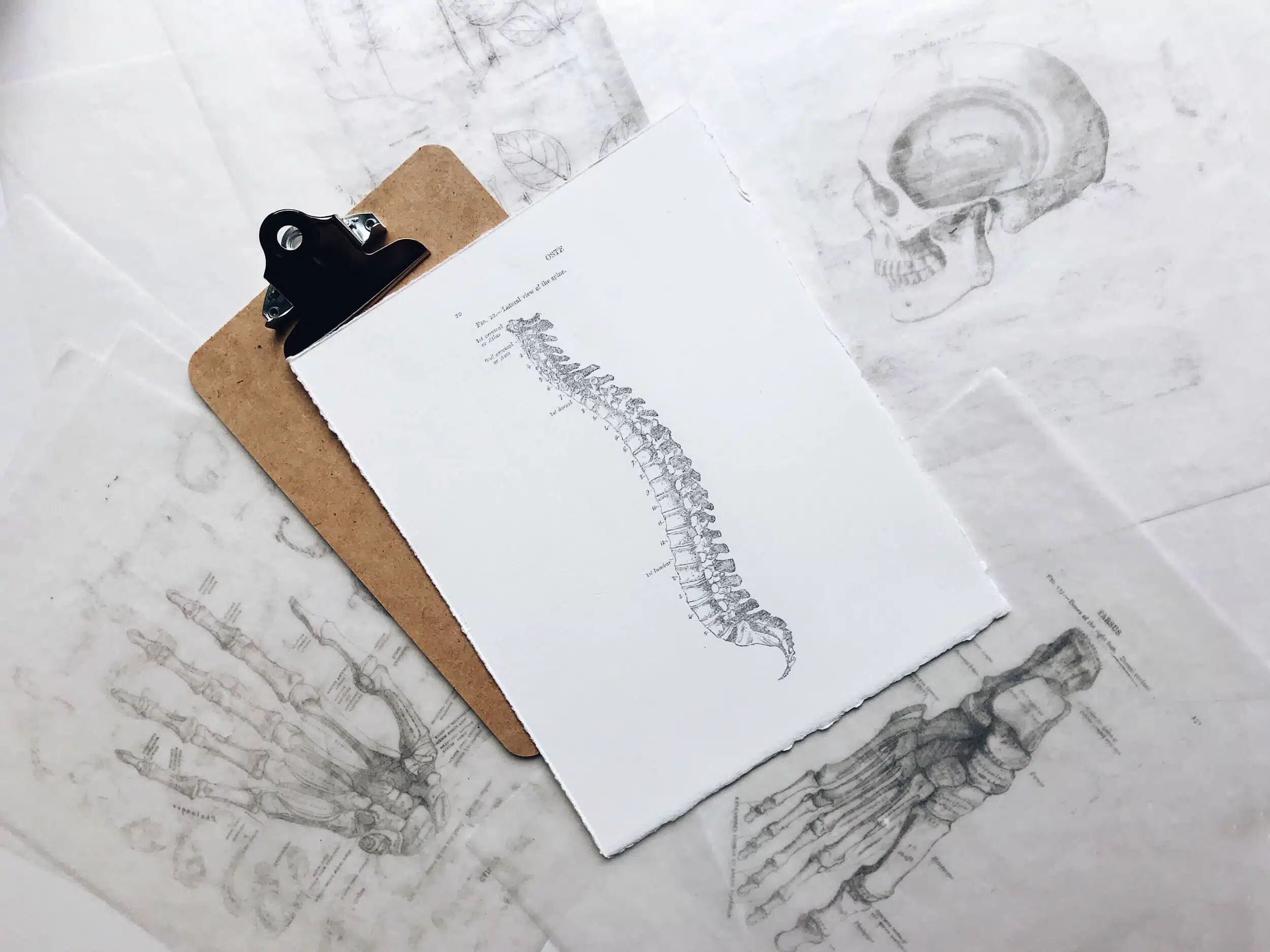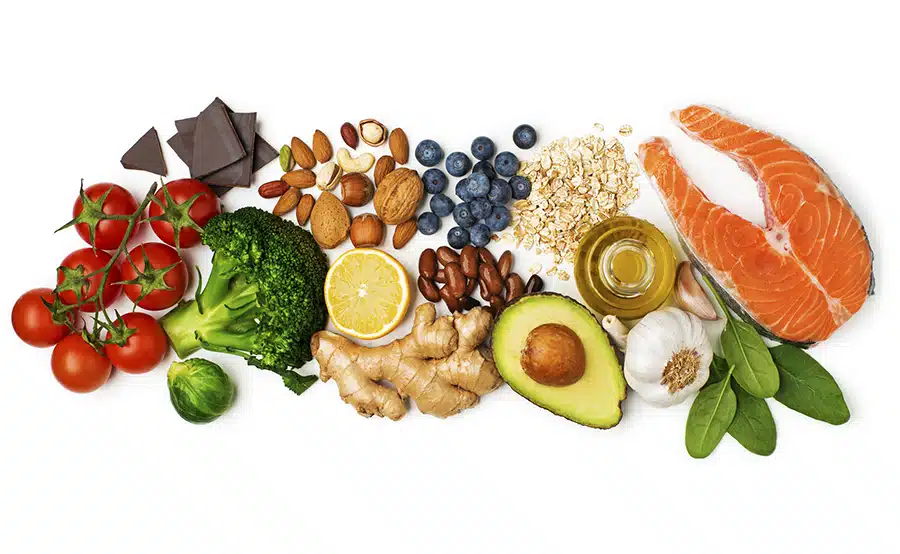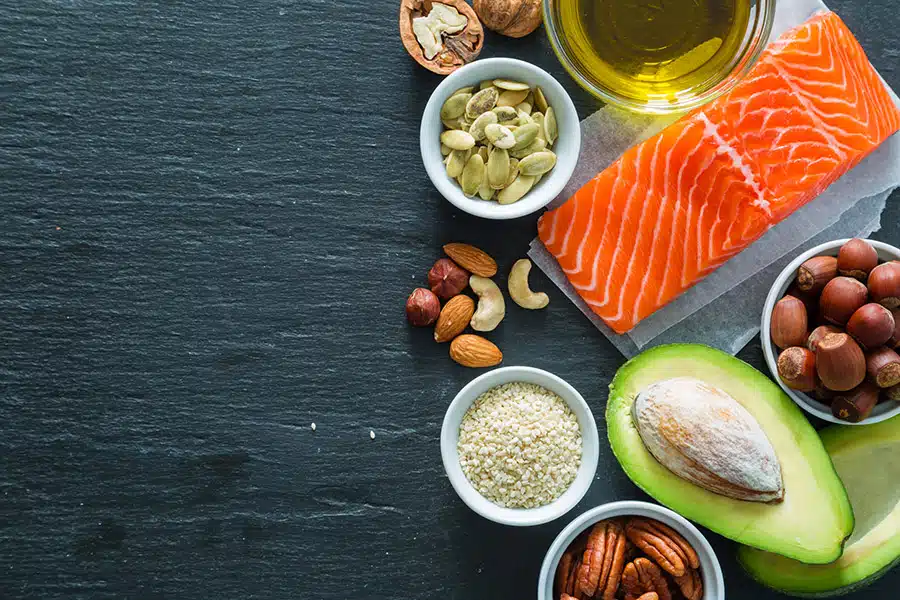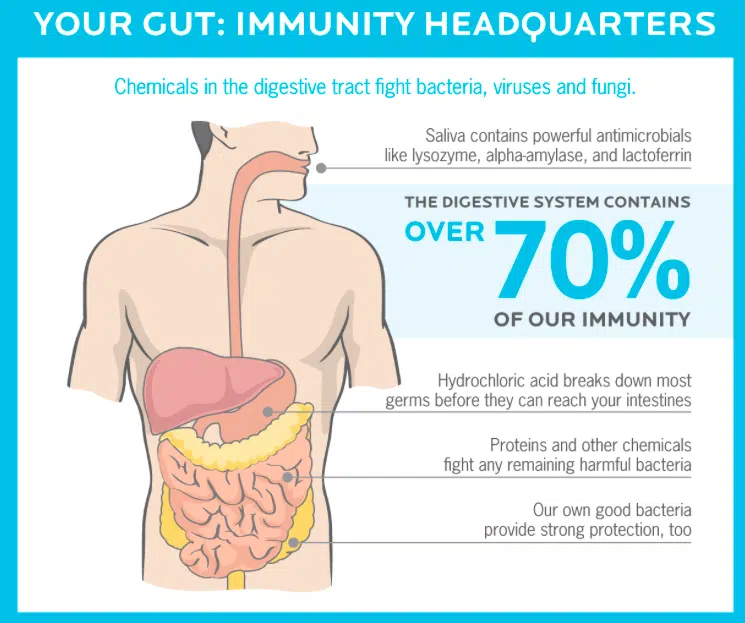I have been a big believer in flexible dieting to achieve optimal results whether it is fat loss or muscle gain. So what is flexible dieting or IIFYM (If It Fits Your Macros) ? a form of food tracking based around macronutrients that meet your body composition, energy expenditure and fitness goals.
There are key aspects we need to consider and understand when it comes to flexible dieting:
- Macronutrients – carbohydrates, protein and fats are tailored to suit whether your goal may be a calorie deficit to lose body fat or calorie surplus to achieve muscle gain. The split you have between the 3 macronutrients with depend on your body type as we all respond differently some work better on carbohydrates and others on fat.
- Tracking – My favourite tool is MyFitnessPal as it allows us to keep track of our daily intake and macros/calories to ensure we are meeting our needs to achieve the desired outcome. It is a great tool as it keeps us honest about what we are consuming.
- If It Fits Your Macro’s – Eating whole foods high in micronutrients such as fruit, veggies and whole grains 80% of the time then 20% of the time eating food that fit your macros but may be considered “unhealthy”. Foods which may be low in micronutrients, highly processed and calorie dense are considered unhealthy foods. My 80/20 approach is 6 days of healthy meals and 1 meal out on the weekend, I find this most sustainable to my lifestyle, however find what works best for your lifestyle.
How to Stay on Track?
- Eat Foods that Give You More Bang for Your Buck – foods such as veggies are high in fibre and adding these to your meals is the key to staying full when dieting.
- Track Your Food – Being aware of your portions and calories you are consuming is very important and I would say the key to staying on track and achieving your desired result. Eating mindlessly or untracked cheat meals may end up putting us into an calorie surplus, leading to unused energy and ultimately storage of this energy as fat.
- Balance – Going out for events with your friends and families and eating foods you love is important in creating balance. Enjoying life is possible without sacrificing your health.
Top Reminders for Muscle Gain and Fat Loss Clients:
- Have 1 goal to focus on! For example if you are running a marathon, it is going to be difficult to gain muscle. The important goal should be on maintaining your muscle mass whilst training for the marathon.
- Not eating enough protein
- No eating enough fat to help boost metabolism and regulate hormone function.
- Eat carbs to fuel your muscles – This will also help regulate blood sugar levels. Consuming quality carbohydrates like veggies, fruits, and grains in proper portions is essential for muscle growth and reducing fat. Healthy carbs provide superior fuel for hard workouts and well-defined muscle. There is a difference between good and bad carbohydrates and nutrient dense carbs are recommended. Carbohydrate requirements will vary according to exercise demands. They have a very important job of restoring muscle glycogen (stored form of energy) after exhausting workouts.
- Train with sufficient intensity and precision – To achieve our muscle maintenance (or enhancement) and fat loss goals, you have to have a clearly documented program and goals, and you have to apply it with precision, which means taking the time to apply each step accurately, logging those steps in a diary and recording energy inputs and outputs in the form of food and physical activity.

